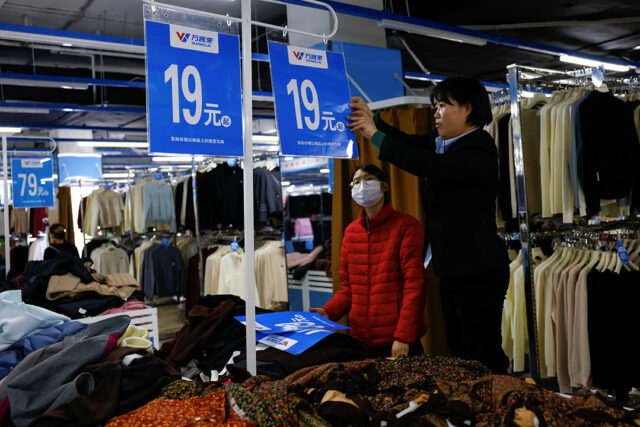CPG’s PHirst Park eyes 2031 completion for Batulao estate
PHIRST Park Homes, Inc., the first-home brand of Century Properties Group (CPG), recently unveiled its second township project, Century PHirst Centrale Batulao, in Nasugbu, Batangas.
The 142-hectare (ha) mixed-use estate is expected to be completed by 2031, PHirst President Ricky M. Celis told BusinessWorld.
Launched on Feb. 15, the estate will be located along the Nasugbu-Tagaytay National Highway. The project follows the 15-minute city concept, in which homeowners have access to residential, commercial, institutional, and retail establishments within the area.
“Century PHirst Centrale Batulao aims to set a new standard for township living in Batangas, blending urban convenience with suburban tranquility,” the real estate developer said in an e-mailed statement.
The project aligns with the company’s vision of redefining first-home living in the country, according to CPG President and Chief Executive Officer Marco R. Antonio.
“This township reflects our commitment to innovation, sustainability, and inclusive progress, ensuring that more Filipinos have access to a higher quality of life,” he said.
Mr. Celis added that the project caters to the housing demands of Filipino families across different market segments and contributes to the region’s growth potential.
The township’s “dwell zone” features gated villages for different market segments. PHirst Park Homes Batulao and PHirst Impressions Batulao offer affordable house-and-lot options for first-time buyers.
Likewise, PHirst Editions Batulao provides houses for upper middle-income families, while the Commune Village caters to both local and foreign home seekers.
The property developer also introduced its newest residential village, PHirst Editions Batulao Vol. 2 West.
The 10-ha project is expected to be completed by 2026 for land development and by 2029 for housing units.
It features 496 homes with floor areas ranging from 54 square meters (sq.m.) to 120 sq.m., designed for a range of family sizes.
PHirst Editions Batulao Vol. 2 West offers four model units: Cartland 54 (with a typical lot area of 88 sq.m.), Charles 70 (99 sq.m. lot area), Christie 90 (110 sq.m. lot area), and Corin 120 (132 sq.m. lot area). Pricing for the homes starts at P4.5 million.
Also within Century PHirst Centrale Batulao is a 13.6-ha “create zone” for third-party tenants to foster business growth. It is expected to house commercial and retail establishments, including food and beverage outlets, service providers, recreational facilities, and office spaces.
“Its focus on business and industry will create a hub for professionals and entrepreneurs, offering a range of opportunities for individuals seeking a thriving career and business venture,” according to CPG.
Lastly, the “thrive zone,” which spans 1.2 ha, will be allotted for the construction of a church and an events space. This area will cater to social gatherings, spiritual growth, and cultural activities.
PHirst has a total of 27 projects nationwide — 26 in Luzon and one in the Visayas — catering to diverse market segments. — Beatriz Marie D. Cruz



























